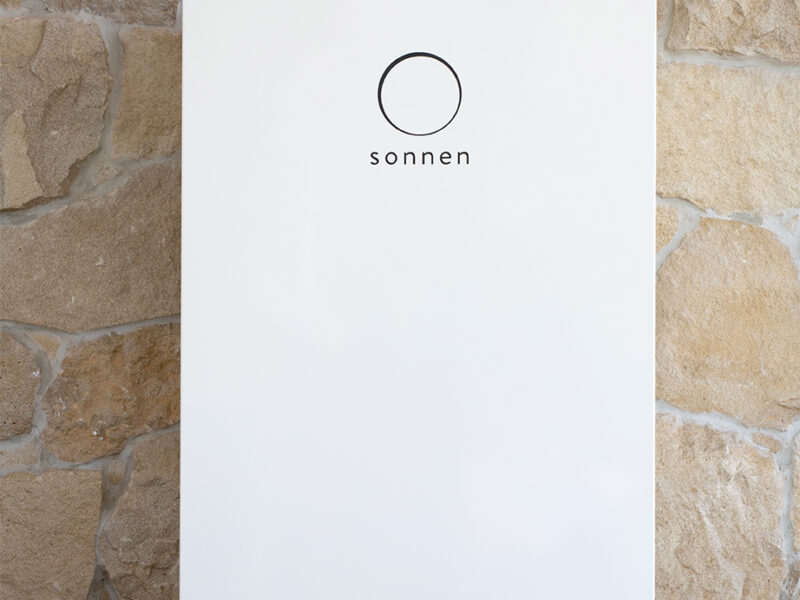The Financial Benefits of Home Solar Batteries
Investing in home energy storage can maximise the savings from your rooftop solar installation.
Here’s how solar batteries for homes work, and some of the potential financial benefits of installing one.
How solar batteries for homes work
With a grid-connected solar-plus-storage installation, unused renewable energy generated by your solar panels gets stored in your battery, rather than being fed back into the electricity grid. This setup provides you with instant power to use when the sun is not shining.
In the event your battery ever completely discharges, your system goes back to drawing on power generated by the grid. This whole process happens seamlessly without any intervention, which means you don’t have to worry about running out of power!
What are the potential financial benefits?
If you’ve had solar panels for a while and been getting feed-in tariffs (FiTs) from selling solar power to the grid, you may have noticed how they’ve been reducing over time.
On top of that, FiTs are no longer mandatory in all states and territories, and some new solar customers may not be able to access them.
However, this situation can be offset by storing solar energy to use as needed.
Let’s look at the scenario of a suburban household with a rooftop solar installation where the occupants are out during the day (adults at work, kids at school and so on). The rooftop solar panels are busy generating maximum energy while the occupants are not there to use it. And then in the evenings when everyone is at home and their energy use is likely to be at its highest, the solar panels are not operating!
This means the household has to draw on electricity from the grid. Even if some of this cost gets offset by FiTs, it’s still likely the occupants could end up paying a substantial power bill.
But with a battery in place, that solar-generated energy can be stored for use in the evenings for free. This not only saves money but helps to make the home less dependent on grid energy which may be generated using non-renewable fuels.
What about the costs?
The price of solar panels and solar batteries for homes is becoming increasingly more affordable. There are also government schemes such as grants or interest-free loans in some states and territories that reduce the cost of investing in a battery system still further. For example (up to date as of 15.8.22) :
- Victoria (Solar Battery Rebate) – subsidies of up to $3500. For the most up-to-date information visit https://www.solar.vic.gov.au/solar-battery-rebate
- Northern Territory (Home and Business Battery Scheme) – grants of up to $6,000 to put towards a solar installation with energy storage up to 7kWh in size. For the most up-to-date information visit https://nt.gov.au/industry/business-grants-funding/home-and-business-battery-scheme
So how much could you potentially save with energy storage?
This depends on a range of factors, including where you live, your usage patterns, and more. But most average households could expect to shave at least hundreds of dollars off their annual electricity costs immediately.
Additionally, with the right setup of solar panels combined with an energy storage solution such as a sonnenBatterie, you could enjoy positive savings on your next electricity bill.
How to estimate your savings
sonnen has created an easy-to-use tool to estimate how much you could potentially save each year with energy storage. You just need to answer a few simple questions about your household and where you live to get an immediate estimation on potential energy savings. Check it out here.
And if you’d like to find out more about how sonnenBatterie could work for you, contact our team.
Blog source: https://sonnen.com.au/blog/financial-benefits-home-solar-batteries-sonnen/
Davison Collaborative - HIP V. HYPE x sonnen
